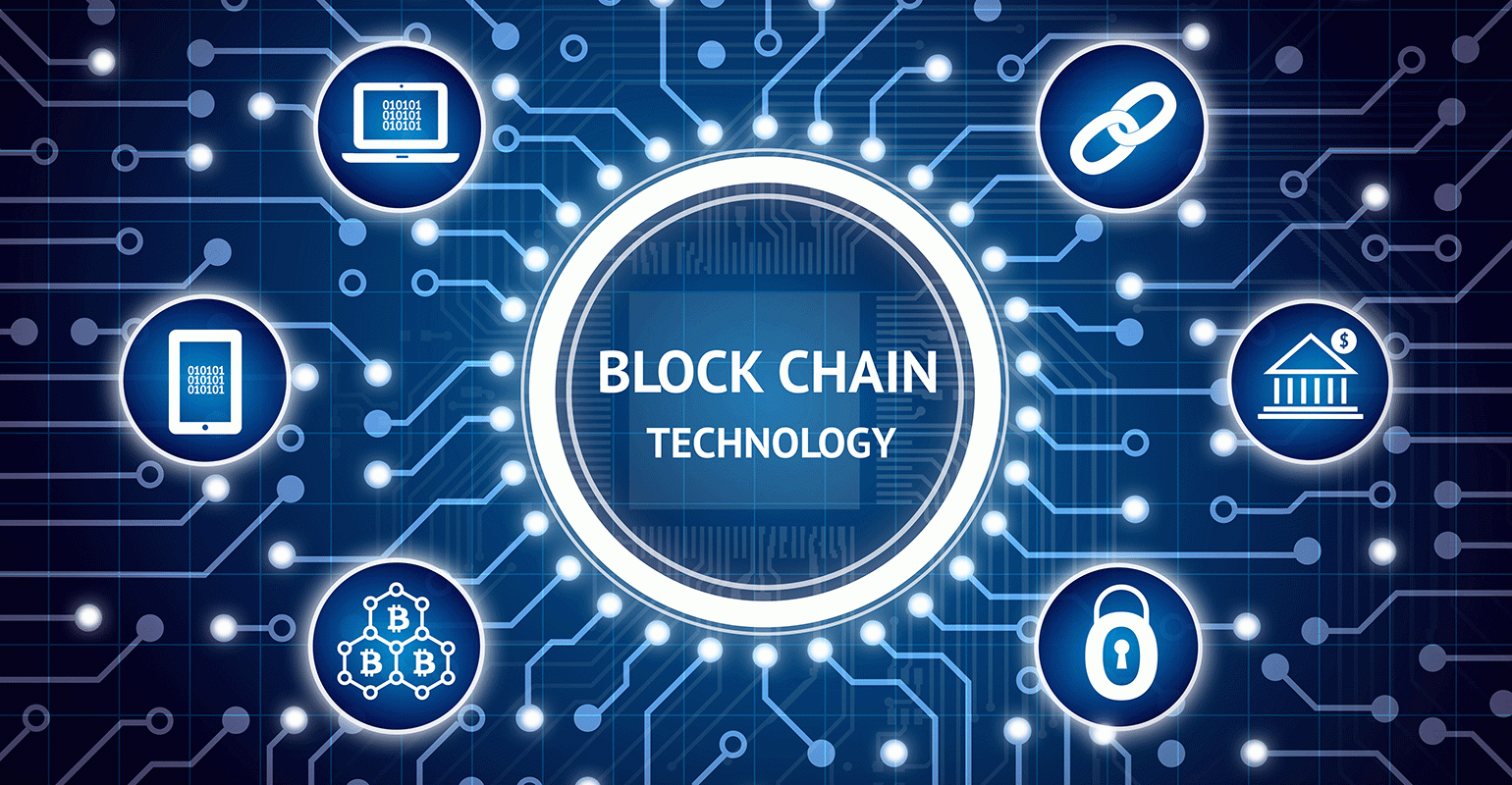The blockchain technology has brought about a paradigm shift in industries across the world. Naturally, it has begun to gain a foothold in India too. If reports are to believed, various mainstream sectors like finance, healthcare, banking, logistics, and retail will include blockchain in their day-to-day operations. While the prospects of such a move are immense, there are also challenges of blockchain adoption that need to be taken into account.
Let’s analyze both of them to understand what the future has in store for this extraordinary technology in India.
Prospects of Blockchain Technology Adoption
The blockchain technology has succeeded in gathering some momentum in India and has already made its way into India’s polity. The process began after the Reserve Bank of India gave a green signal to research upon emerging technologies to study the blockchain application by setting up a unit in August 2018. The purpose of the study was blockchain analysis and the role that it played in the creation of a decentralized and cashless banking system. The next indication came from no one else, but the country’s then finance minister, Late Arun Jaitley, who had said at the time that the government would explore the blockchain technology proactively to pursue its aspirations of a digitized economy.
The NITI Aayog has already begun to explore opportunities for the deployment of blockchain in the pharmaceutical and fertilizer sectors. The government in Karnataka is keen to explore the blockchain technology. Also, the government in Telangana has made announcements of leveraging the blockchain technology to keep a digital record of land records and other data. Other states such as Kerala, Maharashtra, and Andhra Pradesh have also firmly rooted for blockchain technology. Voting is a crucial area where the blockchain technology has demonstrated its immense potential as it can make the system more secure and transparent.
Impediments to Blockchain Adoption
Despite its high prospects, few challenges to a widescale blockchain adoption persist. Currently, there exists no regulation or compliance of technology. Upon the implementation of clearly defined rules on the blockchain, the adoption of this distributed ledger technology would become more extensive. Thus, Cryptoknowmics would help beginners adopt and use this technology more effortlessly.
Another impediment is the limitation of testing and adoption of blockchain to cryptocurrencies. The successful execution of Proof of Concept at an extensive scale would require banks to hire blockchain experts that would lead to high costs. Also, Indian authorities don’t see cryptocurrencies and ICOs in a favorable light. Until the Indian authorities do away with their negative perception of digital currencies, blockchain projects will continue to face a hard time in their execution.
Moreover, blockchain developers have limited opportunities as the country lacks a proper regulatory framework. It means that they would move abroad in search of better opportunities, thereby creating a shortage of bright blockchain minds in India. Thus, despite its massive potential, the challenges of blockchain adoption outweigh its prospects at the moment.
Conclusion
The adoption of blockchain technology can resolve several critical issues that continue to plague the Indian economy. Problems such as corruption, tampering of the financial ledger, data breach, and middlemen-interference and intervention are only some of those. With over 6 million engineers, India can create a robust blockchain infrastructure. However, the challenges of blockchain adoption discussed above need to be scaled to mainstream its usage.
Tags: blockchain adoption challengesblockchain technologytechnology

